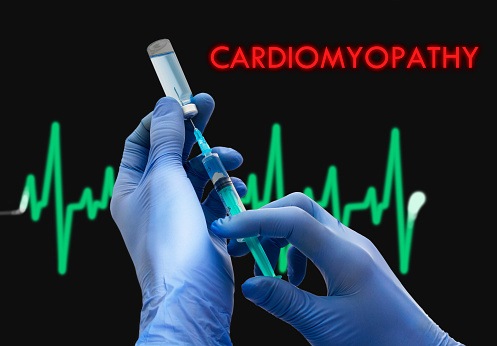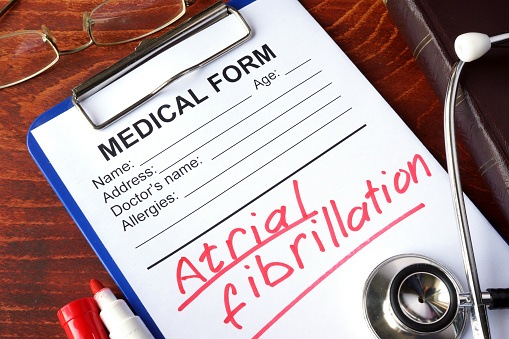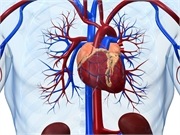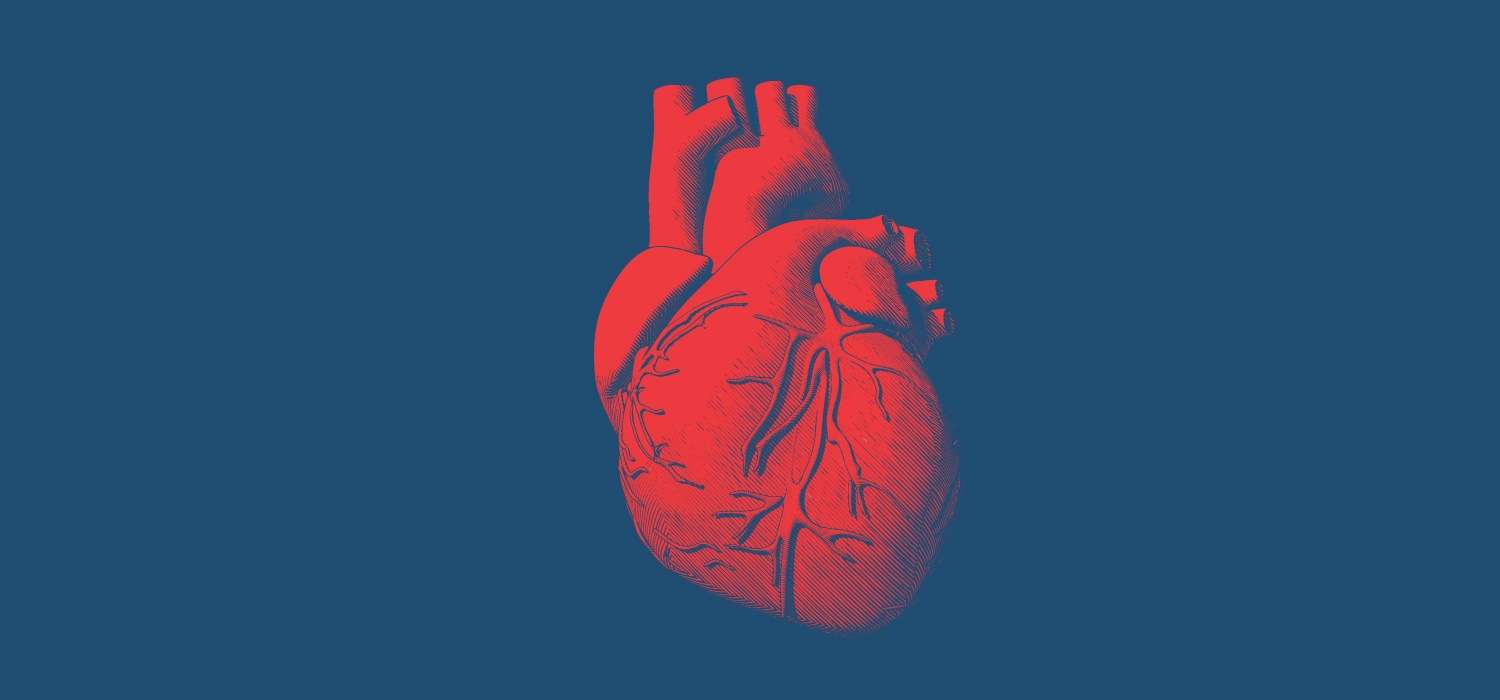
A genome-wide association analysis performed on electronic health records of U.S. veterans identified several common genetic loci that appear to be associated with dilated cardiomyopathy. Findings from the study were presented at the American Heart Association’s Scientific Sessions 2021.
Lead study author, Krishna G. Aragam, MD, MS, and colleagues collected electronic health records through September 30, 2019 of approximately 500,000 U.S. veterans of European and African ancestry from the U.S. Department of Veteran Affairs’ Million Veteran Program. This national research program includes former U.S. military service members, and focuses on how genes, lifestyle, and military exposure affect health.
The study identified 29 common genetic loci significantly associated with dilated cardiomyopathy. Notably, the identified loci included genes relevant to cells of the heart muscle (cardiomyocytes). Application of the risk factors observed in these analyses were able to predict incident dilated cardiomyopathy in another cohort.
“Numerous rare genetic mutations have been linked to dilated cardiomyopathy, yet the identification of relevant, common genetic variants has been more limited,” said Aragam. Thus, the findings presented may have important implications for diagnosis and treatment of people with dilated cardiomyopathy.
The authors concluded that their findings “highlight the potential for collaborative studies leveraging data from health care system-associated biobanks to investigate common genetic loci associated with dilated cardiomyopathy,” noting that further research may substantially improve the ability to identify individuals at high risk of developing dilated cardiomyopathy.







 © 2025 Mashup Media, LLC, a Formedics Property. All Rights Reserved.
© 2025 Mashup Media, LLC, a Formedics Property. All Rights Reserved.